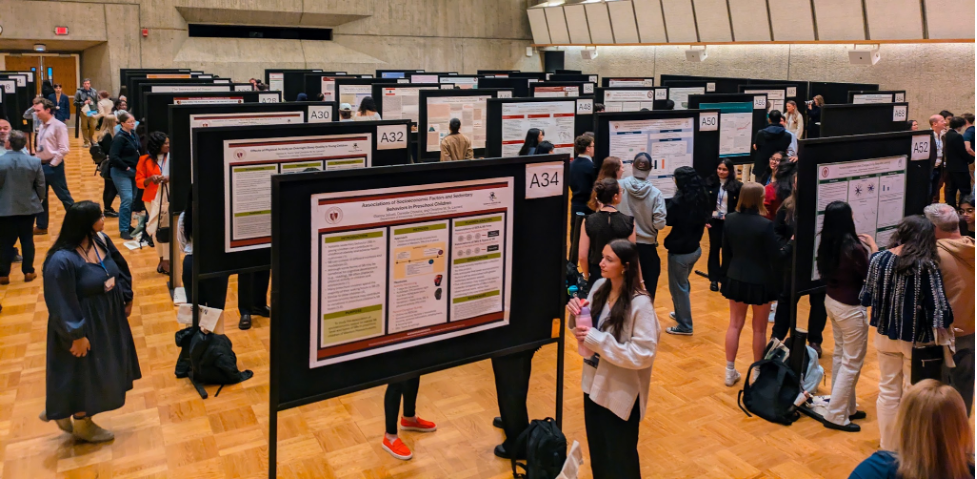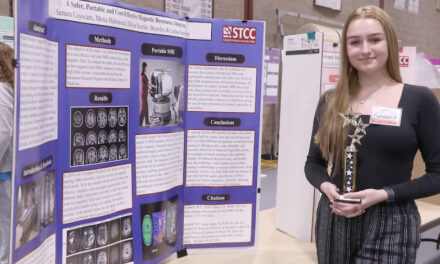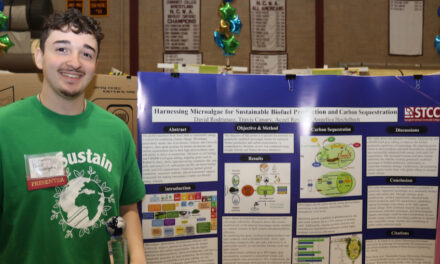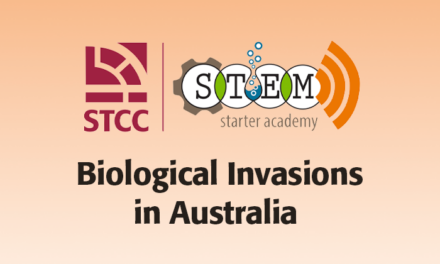My name is Isabella Rodriguez and currently I am a Springfield Technical Community College student. I am excitedly starting my journey in the health and science degree program. My goal is to become a diagnostic medical sonographer. What sparked my ambition to pursue this program was my very close relationships with my elderly family members. Many of these family members passed away consecutively, most recently my late great-grandmother. Even with these unfortunate circumstances my family and I have experienced, I try to use these negatives and turn them into a positive. My life experiences involving loss and grief inspired me to want to help others with similar conditions.
As a student in Anatomy and Physiology, I was thrilled to participate in this year’s UMass Amherst Undergraduate Research Conference. The opportunity to present my research alongside students from a variety of colleges and universities was both inspiring and intellectually enriching. Engaging in meaningful conversations with fellow students, faculty members, and sponsors not only deepened my understanding of the field but also strengthened my passion for pursuing a career in the health sciences. This experience significantly broadened my perspective and enhanced my academic and professional growth.
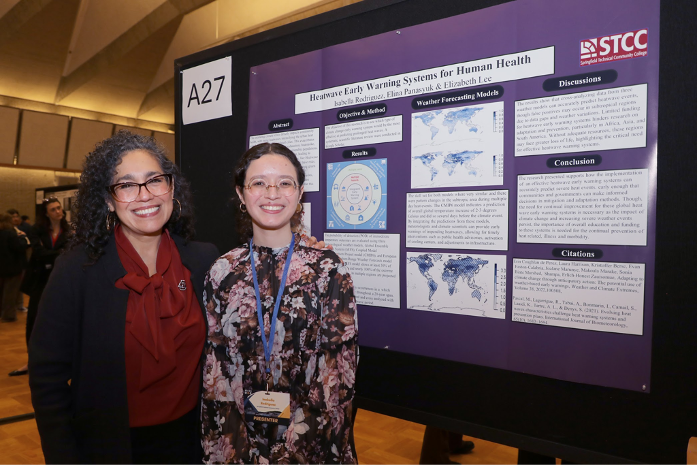
When heat waves strike, they don’t knock, they surge, and without early warning systems, communities are left dangerously unprepared. This alarming reality inspired me to focus my research on heatwave early warning systems and their critical role in protecting human health. Vulnerable populations such as the elderly, children, and individuals with pre-existing health conditions are often the hardest hit. By leveraging data from advanced weather models, we can improve the accuracy of long-term heatwave forecasts, enabling communities to take life-saving action in advance. Accurate predictions not only reduce heat-related illnesses and fatalities but also ease the burden on already strained healthcare systems and support broader efforts to prepare for related crises like droughts and wildfires. Unfortunately, many countries in subtropical regions, Asia, and parts of Africa lack sufficient infrastructure and funding for effective early warning systems. If these regions had access to improved modeling technology, collaborative forecasting could transform global responses to prolonged heat events. This research project was very eye-opening as I think everyone has been affected by heatwaves. I know that this summer will be a hot one.
Presenting at the conference was a transformative experience that greatly boosted my confidence. Like many of my fellow presenters, I initially felt nervous about sharing my research, but engaging with a diverse audience allowed me to grow more comfortable and assured in my abilities. Each interaction strengthened not only my public speaking skills but also my passion for scientific communication. I sincerely hope more STCC students take advantage of this incredible opportunity in the future, since it’s a platform that inspires growth, connection, and pride in our academic work. I’m deeply grateful to Professor Reena Randhir for her guidance and to everyone who celebrated the work of STCC students throughout the event.

